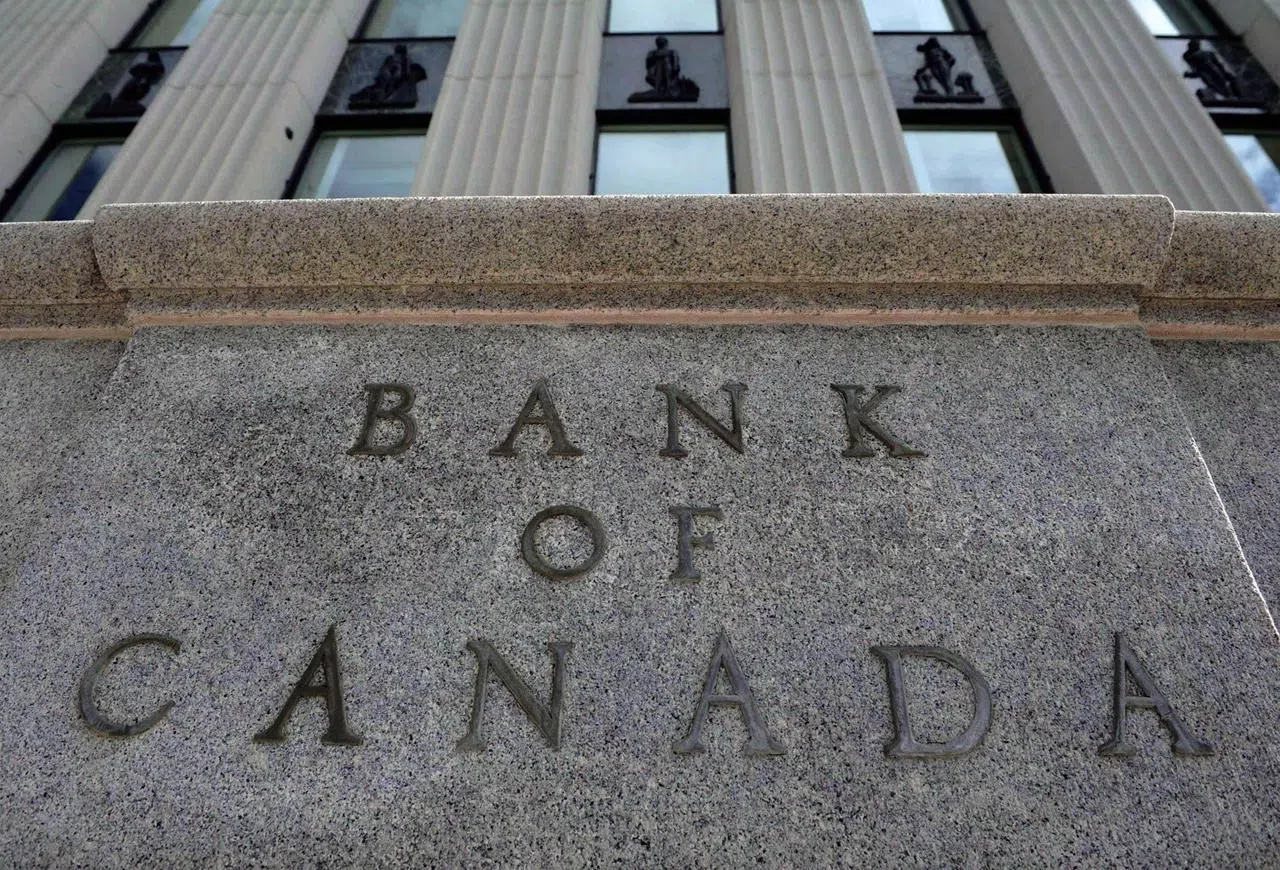
Central bank poll senses modest investment pickup, even amid U.S. unknowns
OTTAWA — The Bank of Canada says it’s detecting early signs of a “modest” pickup in corporate investment over the near term, even amid considerable uncertainty surrounding the U.S. economic agenda.
In its first business outlook survey since President Donald Trump was inaugurated, the central bank said on Monday that signals of a recovery in business investment are starting to emerge after a two-year period of weakness triggered by the oil-price shock.
“Although many firms expect additional spending to be modest, intentions to increase investment have become more widespread, driven by strengthening demand,” the bank said in the report that accompanied its survey of about 100 executives.
The findings indicated a greater percentage of Canadian firms surveyed were more optimistic about future sales growth than they were in January, even though many hadn’t seen their sales growth increase for nearly two years. Hiring intentions remained positive but little changed, the report said.


